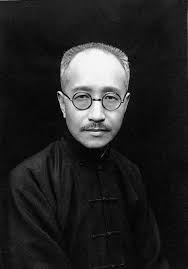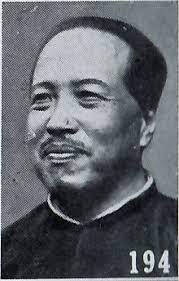Chou Tso-jen Orig. Chou K'uei-shou T. Ch'i-ming H. Chih-t'ang Chou Tso-jen (1885-), essayist, scholar, and translator of Western works into pai-hua [the vernacular]. With his brother Lu Hsün (Chou Shu-jen, q.v.), he brought new prominence to the essay form in the 1920's and 1930's. Born in Shaohsing, Chekiang, Chou Tso-jen, like his two brothers, Lu […]







